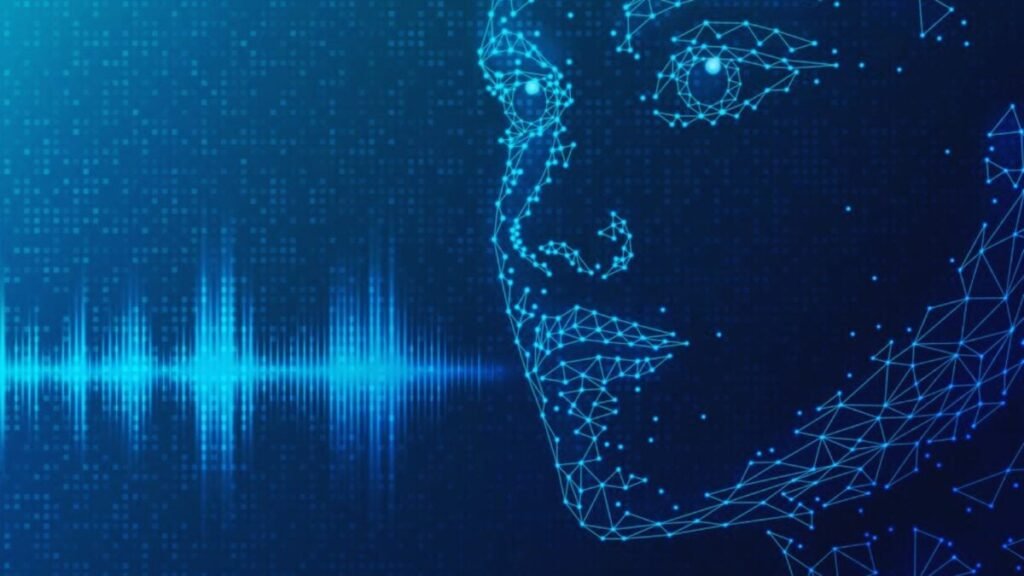The Hidden Influence of ChatGPT on Our Language: Understanding When Our Communication Resembles Machines

Not only has AI transformed the way we work, search for information, or write, but also – almost without realizing it – the way we speak. Experts point out that expressions from the “language of machines” are crossing the border into human communication, creating a difficult-to-distinguish hybrid with profound implications.
### The new vocabulary of artificial intelligence
An expert in language evolution describes this phenomenon as a “simulacrum of human speech” that we are now replicating ourselves. The technical explanation is that AI models convert messages into embeddings, coordinates in a mathematical space that simplify real language and lose part of their context. What is striking is that users are starting to unconsciously imitate these simplifications. Words like “delve,” almost anecdotal in everyday English, have multiplied up to ten times in academic articles since 2022, coinciding with the expansion of AI.
### From screens to everyday conversation
What started in writing is now migrating to speech. AI-influenced words have appeared in spontaneous conversations, as if the exposure frequency had reprogrammed our “mental dictionary.” Aleksic himself admits that he used to enjoy using “delve,” but now avoids it because it sounds too “chatbot-like.” The problem is that it is not just one word. Terms like “inquiry,” “surpass,” or “meticulous” are following the same path, making it impossible to trace the boundary between human and artificial language.
### An unprecedented feedback loop
The situation, as described by Aleksic, is that of a loop: AI models learn from human language, influence it, and then those productions return to train the models. Consequently, the “linguistic reality” dissolves into a cycle where the meaning maps of humans and machines become blurred. Although, as Aleksic points out, there is nothing harmful in using these AI-influenced words, the deeper risk lies in the fact that the biases affecting these words may also be affecting, unnoticed, racial, political, or gender dimensions.
Source: [original source](link)




